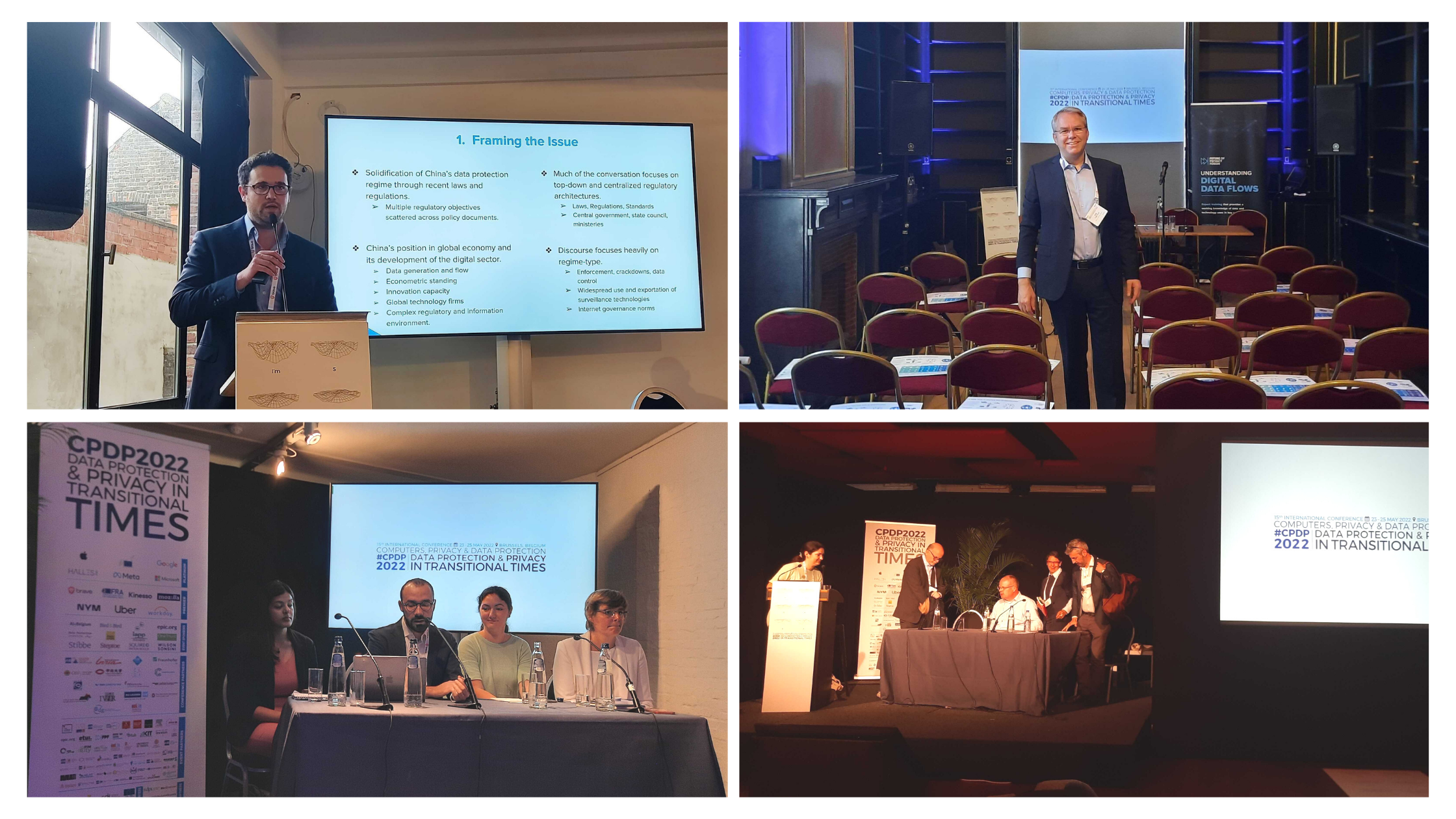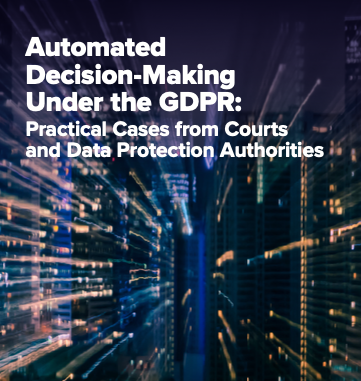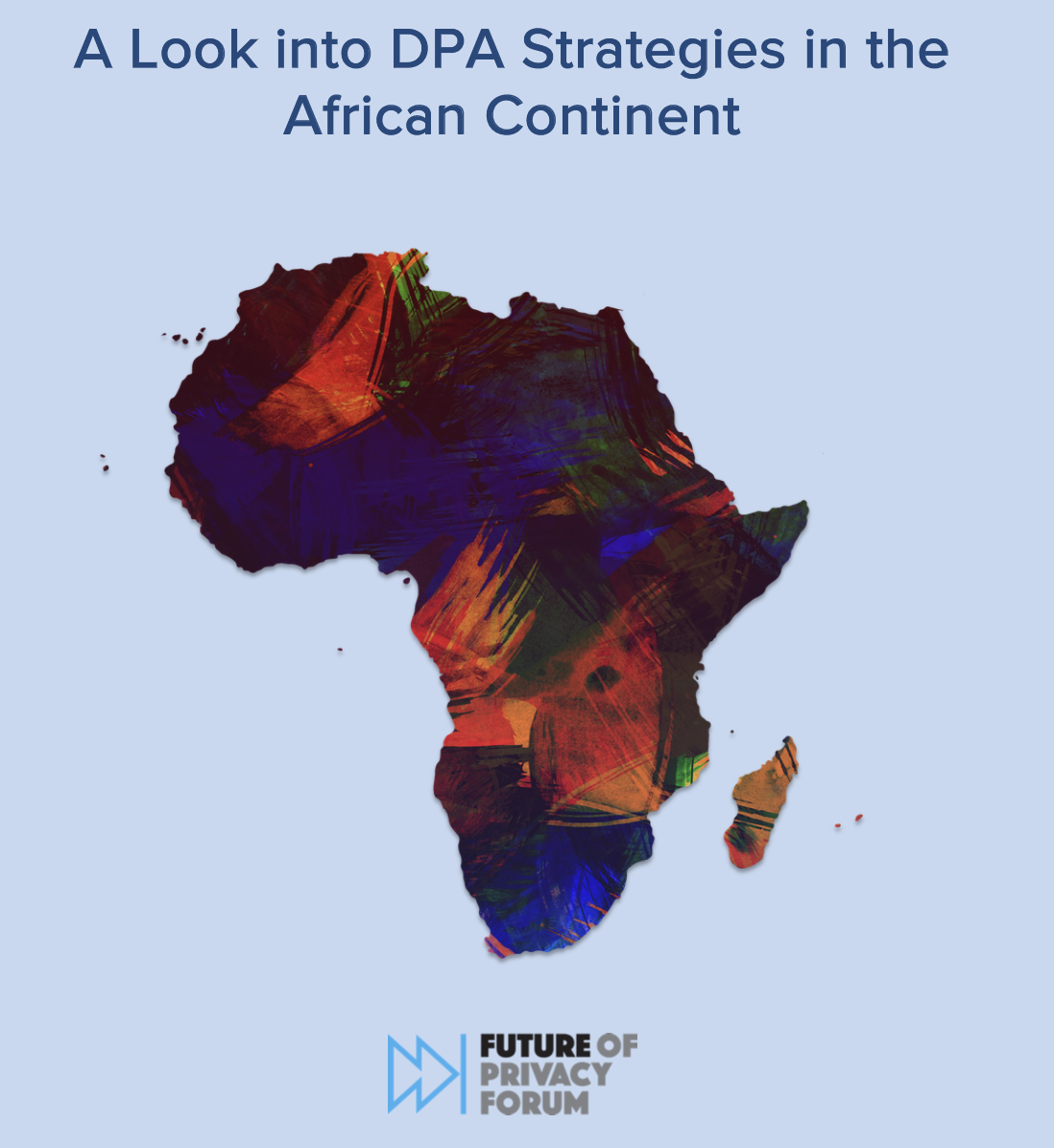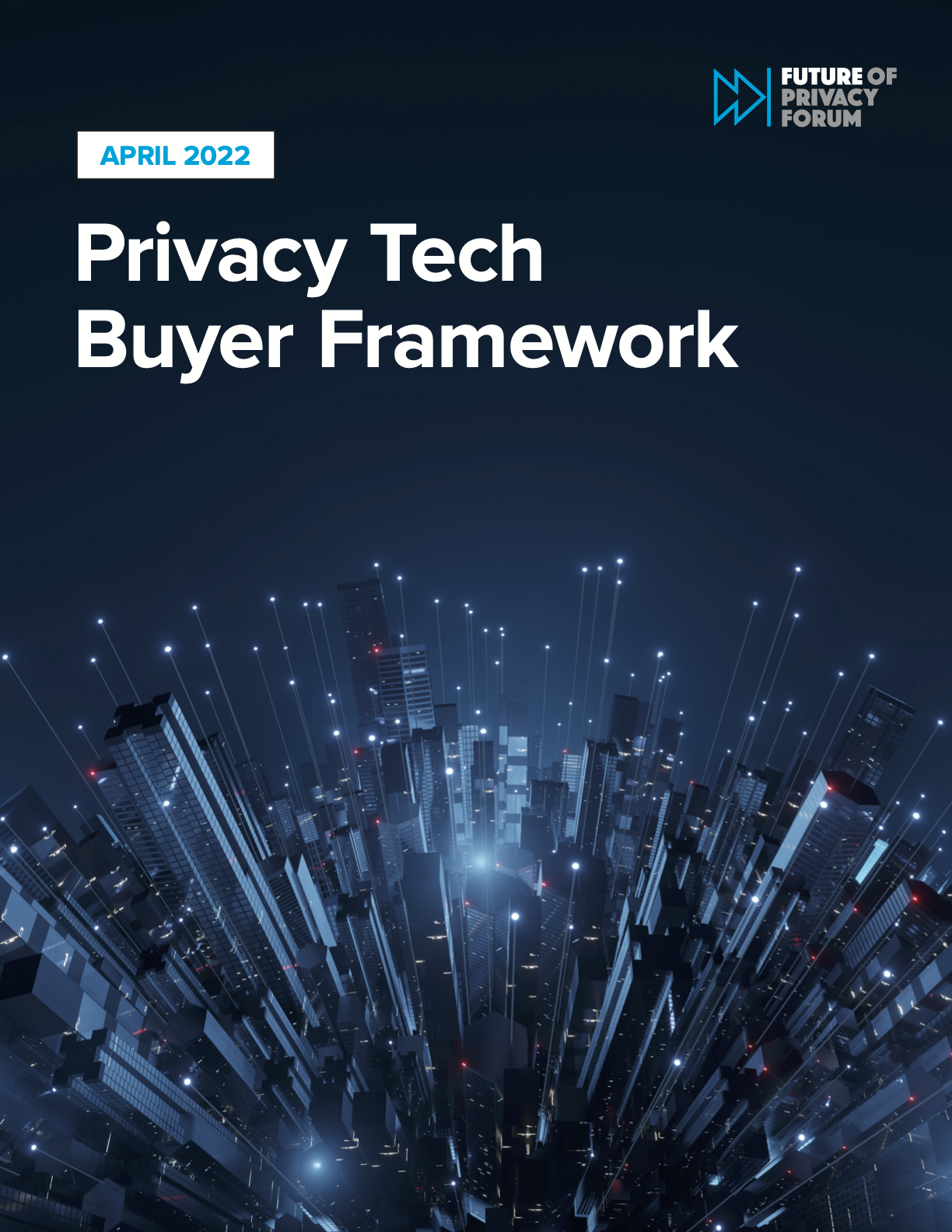Showing results for appi2020 2011va 2011va api documentation appi2020 2011va

Looking Back to Forge Ahead: Challenges of Developing an “African Conception” of Privacy
[…] Colonialism Preempted Modernity https://www.tandfonline.com/doi/abs/10.1080/03086534.2011.598039?journalCode=fich20 12 Jaap van der Straaten, Hundred Years of Servitude. From Kipande to Huduma Namba in Kenya https://www.readcube.com/articles/10.2139%2Fssrn.3543457 13 Kipande Registration System (Kenya) https:// api.parliament.uk/historic-hansard/commons/1946/jul/31/kipande-registration-system-kenya 14 Amos J. Beyan, The Development of Kikuyu Politics During the Depression, 1930-1939 https://www.jstor.org/stable/45193123 15 Idem 16 Howard Stein, Structural Adjustment and the African Crisis: A […]

ETSI’s consumer IoT cybersecurity ‘conformance assessments’: parallels with the AI Act
[…] system is assessed in terms of its conformity to the requirements listed under Chapter 2 of Title III. These relate to the quality of used datasets, technical documentation, record-keeping, transparency, human oversight, robustness, accuracy and cybersecurity. Under ETSI’s conformance assessment, a consumer IoT device is assessed against the Standard (ETSI EN 303 645 V2.1.1), […]

Introduction to the Conformity Assessment under the draft EU AI Act, and how it compares to DPIAs
[…] regards the persons or groups of persons on which the high-risk AI systems is intended to be used’ (Recitals 44 and 45, and Article 10), b) Technical documentation (Recital 46, Article 11, and Annex IV), c) Record-keeping in the form of automatic recording of events (Article 12), d) Transparency and the provision of information to users […]

New Report on Limits of “Consent” in Thailand’s Data Protection Law
Today, the Future of Privacy Forum (FPF) and the Asian Business Law Institute (ABLI), as part of their ongoing joint research project: “From Consent-Centric Data Protection Frameworks to Responsible Data Practices and Privacy Accountability in Asia Pacific,” are publishing the tenth in a series of detailed jurisdiction reports on the status of “consent” and alternatives […]

FPF at CPDP 2022: Panels and Side Events
As the annual Computers, Privacy and Data Protection (CPDP) conference took place in Brussels between May 23 and 25, several Future of Privacy Forum (FPF) staff took part in different panels and events organized by FPF or other organizations before and during the conference. In this blogpost, we provide an overview of such events, with […]

FPF Report: Automated Decision-Making Under the GDPR – A Comprehensive Case-Law Analysis
On May 17, the Future of Privacy Forum launched a comprehensive Report analyzing case-law under the General Data Protection Regulation (GDPR) applied to real-life cases involving Automated Decision Making (ADM). The Report is informed by extensive research covering more than 70 Court judgments, decisions from Data Protection Authorities (DPAs), specific Guidance and other policy documents […]

FPF Report: A Look into DPA Strategies in the African Continent
Today, the Future of Privacy Forum released a Report looking into the Strategic Plans for the coming years of seven African Data Protection Authorities (DPAs). The Report gives insight into the activity and plans of DPAs from Kenya, Nigeria, South Africa, Benin, Mauritius, Côte d’Ivoire, and Burkina Faso. It also relies on research conducted across […]

FPF New Resource Takes the Guesswork out of Buying Privacy Tech
A new FPF resource helps buyers determine which privacy tools are the most appropriate for their business needs. The Privacy Tech Buyer Framework is a step-by-step tool that provides guidance on buying the best privacy technology through three phases that include simplified steps and case studies. Navigating the privacy tech acquisition process can be tricky […]

The ebb and flow of trans-Atlantic data transfers: It’s the geopolitics, stupid!*
[…] This form of interoperability goes beyond portability of data and applications from one vendor to another to prevent vendor lock-in; it really concerns the creation of open APIs, interoperability of key management for encryption, unambiguous identity, and access management, etc. Cloud providers will be expected to offer a choice as to where personal data […]

BCI Technical and Policy Recommendations to Mitigate Privacy Risks
This is the final post of a four-part series on Brain-Computer Interfaces (BCIs), providing an overview of the technology, use cases, privacy risks, and proposed recommendations for promoting privacy and mitigating risks associated with BCIs. Click here for FPF and IBM’s full report: Privacy and the Connected Mind. In case you missed them, read the […]
